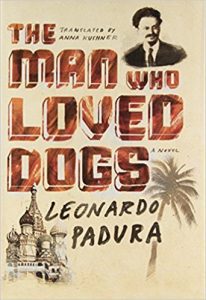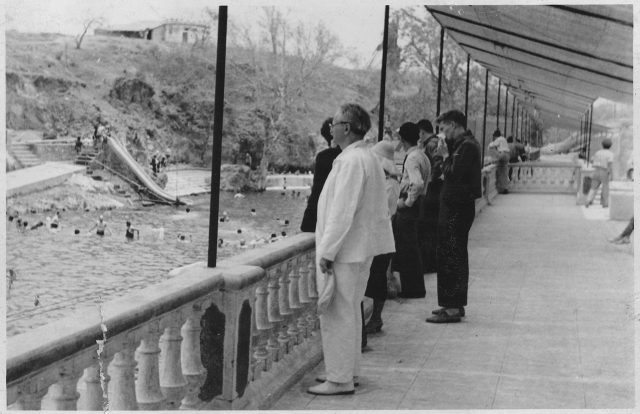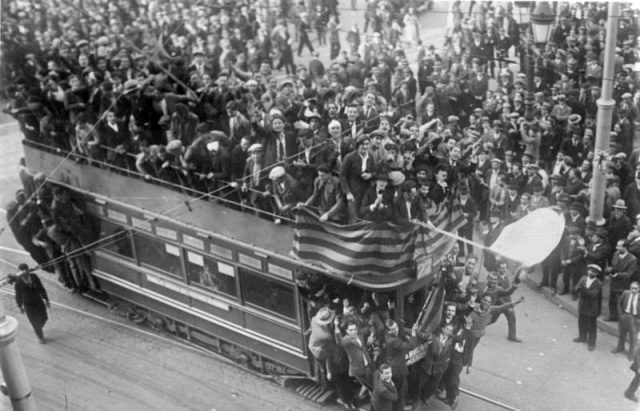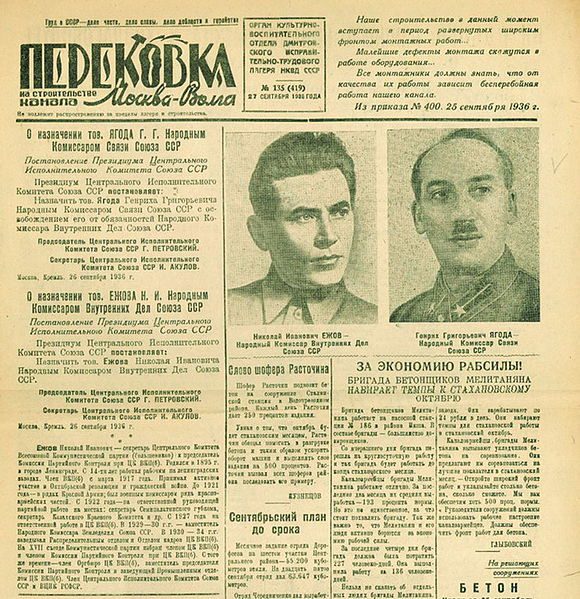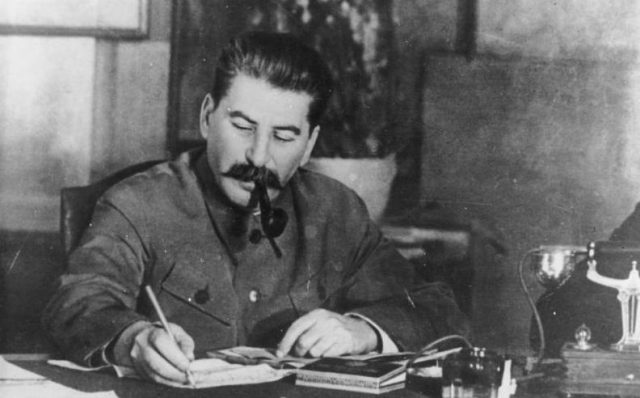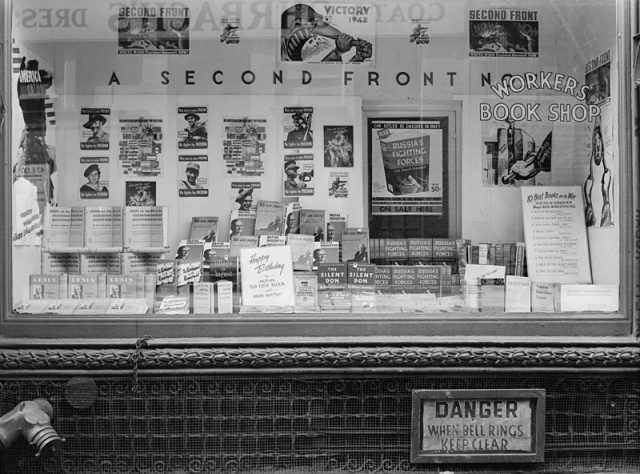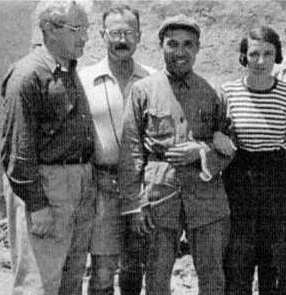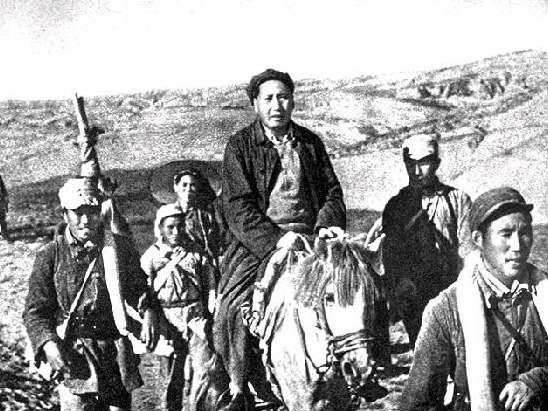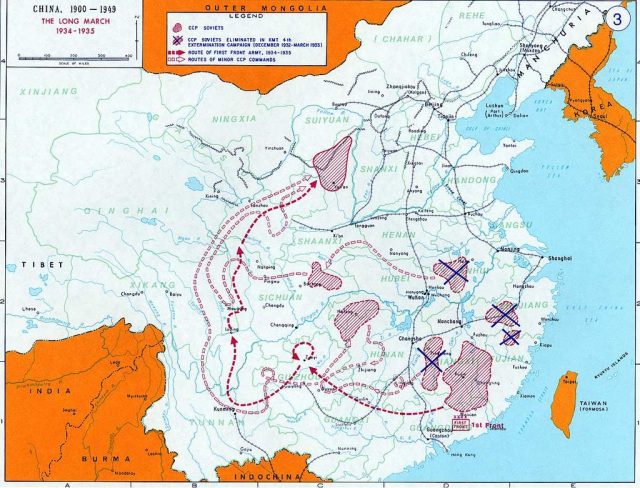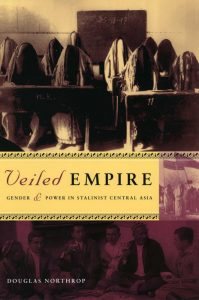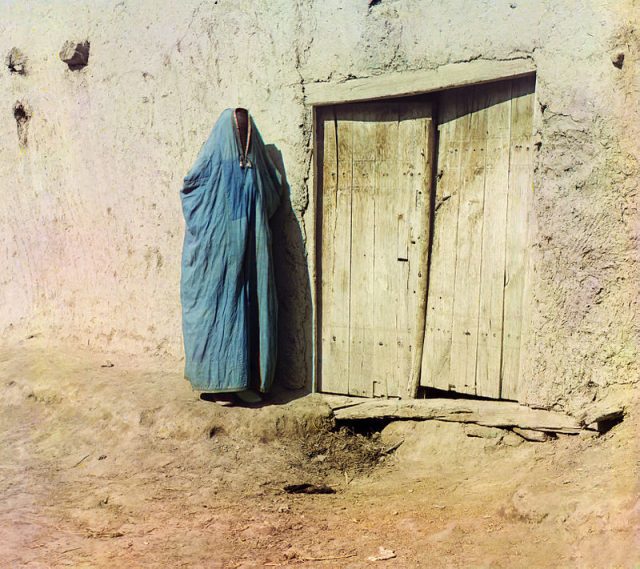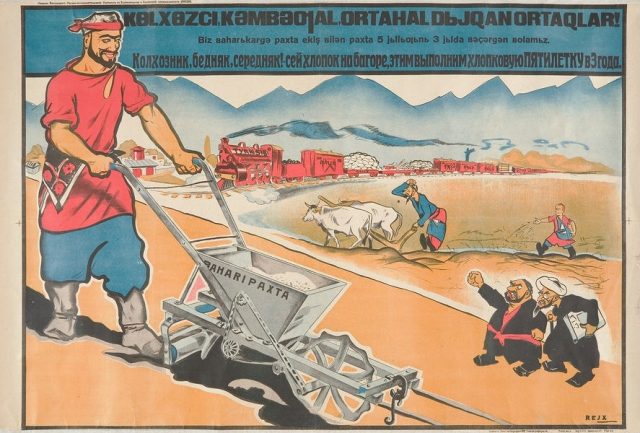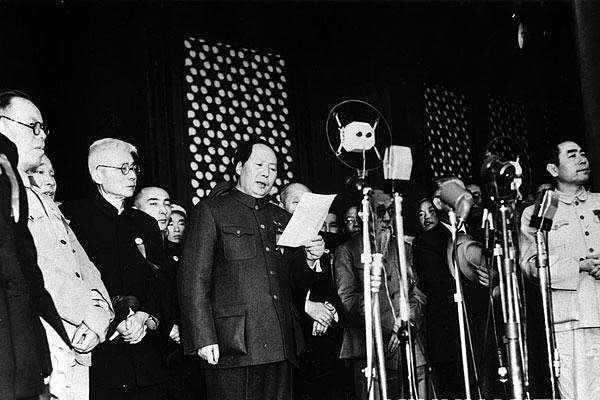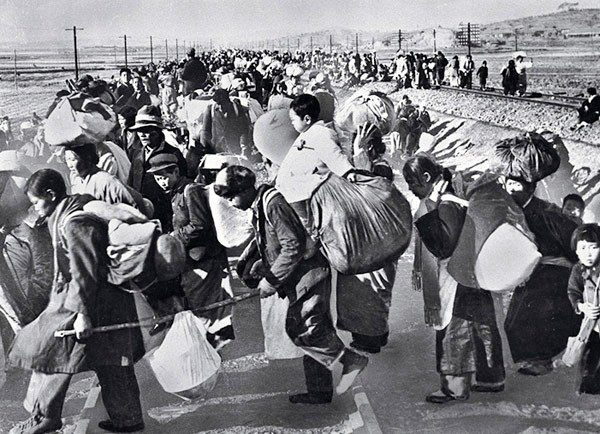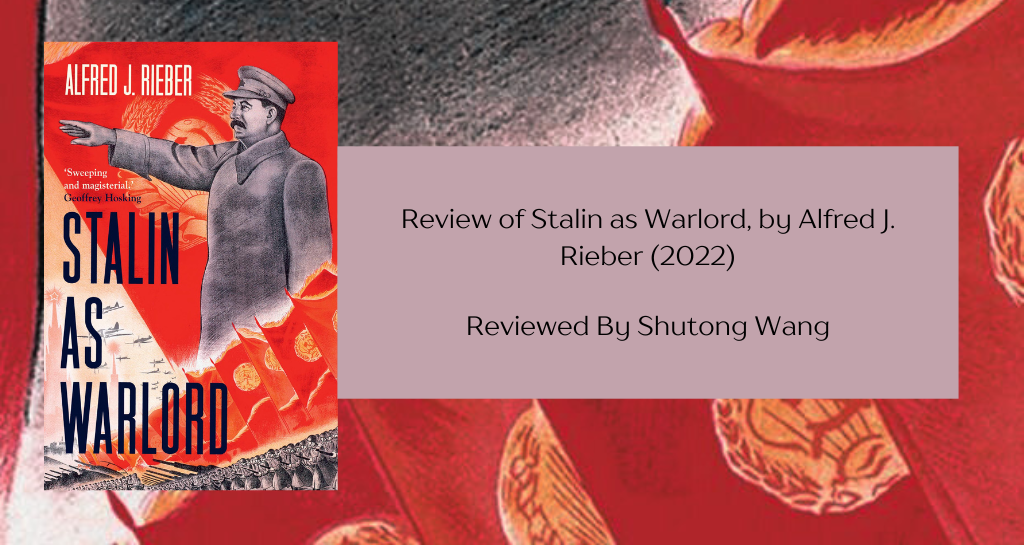
At the age of 91, the prolific historian of Soviet history Alfred J. Rieber published a monograph on Josef Stalin. Covering the period from the 1920s to the post-war period after 1945, Stalin as Warlord adopts a historical and, at times, materialist perspective. It focuses in particular on the “paradoxes” of the supreme leader, the tensions between creative and destructive impulses that together, as the author argues, played a critical role in forging the complex outcome of Soviet war performance. Leaving aside common speculations about Stalin’s paranoid mentality, Rieber explains Stalin’s decisions in significant historical and theoretical contexts and interactions with his subordinates, thereby taking a firm stand in academic debates and condensing serious political lessons beyond myths of the dictator.
According to Rieber, the fundamental step in understanding Stalin was acknowledging his persistent fear of war, which the leader expected to take place between the Soviet Union and imperialist nations, demanding the industrialization and ideological unification of the entire country. This anxiety was rooted in his experience of foreign interventions in the civil war, threats of war with Western powers in the late 1920s, and the rising fascism in Europe. And it manifested itself in rapid collectivization and industrialization, as well as the initiation of the Great Terror. Some of these campaigns produced tragic results that many party members struggled to tolerate. Nonetheless, the author reminds us of the great collective drive behind them. In his view, Stalin was the representative of the Bolsheviks in the sense that his actions mirrored the historical challenge faced by revolutionaries: leading a massive, sometimes resistant, agricultural population through a time of general international hostility.

For Rieber, another critical aspect of Stalin was his selective, mostly pragmatic, yet non-negligible subscription to Marxism-Leninism. While conventional discussions have explored his non-Marxist antisemitism, Russo-centrism, and investment in crafting a tamed privileged bureaucracy, rarely have scholars touched the egalitarian aspects of his policies. The book reveals that Stalin built a creative tension between Russian and other nationalities—one that involved not only the promotion of Russian culture but also the limited tolerance and even inclusion of indigenization. Further, during the Great Terror of 1936-1938, amidst the massive arrests and executions of managers and specialists, people of peasant or worker origins gained promotions, indeed constituting – to some degree – a class revolution from above.[1]
Stalin, in Rieber’s eyes, was, after all, characterized by “paradoxes.” Although the author clearly favors such a term over “contradictions,” the term is intriguing yet elusive. An example of this is the author’s formulation of Stalin’s “rational and irrational” impulses. While the author has accounted for the material, historical, and theoretical context that de facto justified Stalin’s decision, his final abstraction of “paradoxes” circles back somehow confusingly to a non-materialist conclusion on irrationality.[2] For critical readers, this is a problematic and self-contradictory tieback.
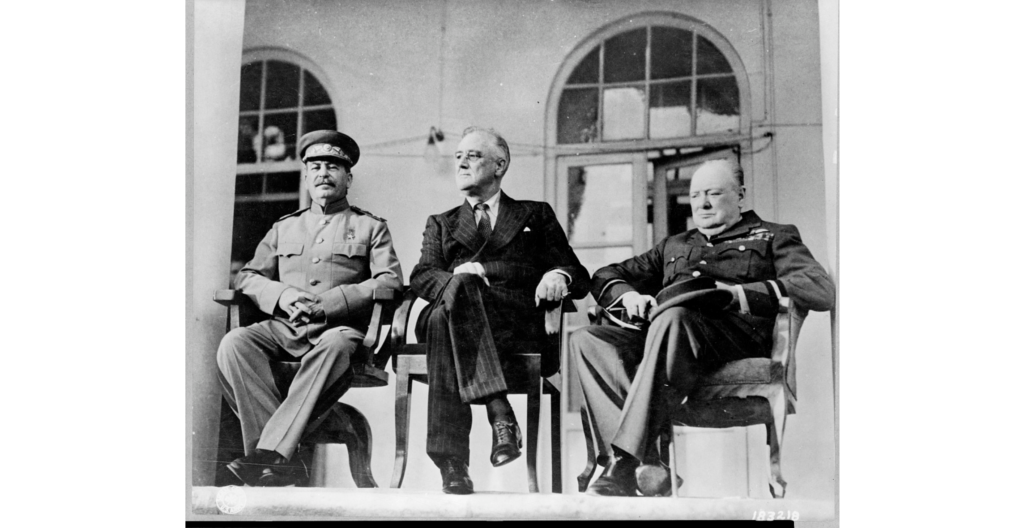
Moving away from Rieber’s “paradoxes” to materialist “contradictions” better emphasizes the historical and dialectical lesson of Stalin as a Warlord: that hasty, arbitrary actions in both scope and method can produce unexpected oppositions. In Stalin’s case, such a pattern of action can be observed in the destruction of the communist leadership in different republics and the Comintern during the Great Terror. These actions ultimately undermined Soviet foreign support of anti-fascism campaigns or gave ground to extreme nationalists who would collaborate with Nazi forces. Perhaps echoing this observation, during 1956-1957, as they offered an alternative theoretical assessment of Stalin following Khrushchev’s 1956 report, Chinese leaders criticized the deceased leader for confusing two distinct types of contradictions: those between “the enemy and us” and those arising “within the people.” A revised thesis of Stalin as Warlord thus emerges: While Stalin’s decisions may have been justified by the historical and theoretical contradictions he faced, his frequent arbitrariness in decision-making generated opposition that undermined his agenda—an outcome which, at first glance, appears “paradoxical.” By addressing this overshadowed pillar of Rieber’s explanation, I believe readers can comprehend the duality in Stalin’s decision-making: ambitious planning existed alongside improvisation to counter unforeseen challenges of his own making—a hallmark of Stalinist governance.
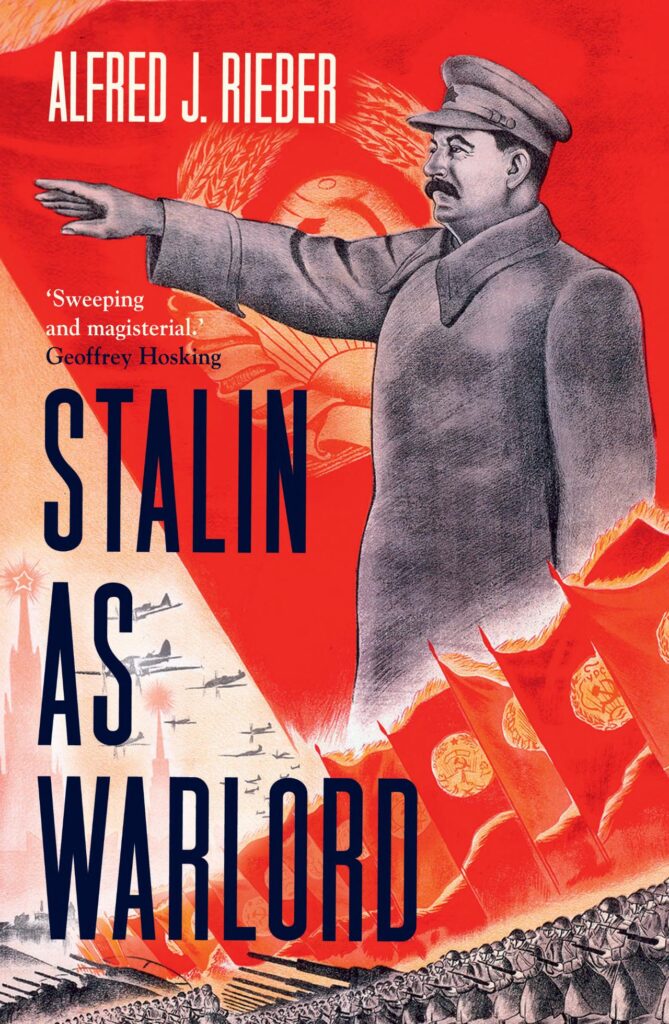
In sum, Stalin as Warlord is a book that deserves close reading. Its importance lies in the enormous amount of detail that the author assembles to provide a striking but meticulous analysis of Stalin. Far from a dictator without constraint, he was caught between numerous challenges surrounding the Soviet system and the pitfalls created by his actions. But to fully comprehend this history, I suggest one additional: using “contradictions” instead of the author’s elusive notion of “paradoxes.”
Shutong Wang (王庶同) was born and raised in China. He earned a B.A. in History at McGill University and is currently a PhD student at the University of Texas at Austin. He studies the social movements of the 1950s, with a particular focus on the interactions between grassroots communities in Modern and Contemporary China.
The views and opinions expressed in this article or video are those of the individual author(s) or presenter(s) and do not necessarily reflect the policy or views of the editors at Not Even Past, the UT Department of History, the University of Texas at Austin, or the UT System Board of Regents. Not Even Past is an online public history magazine rather than a peer-reviewed academic journal. While we make efforts to ensure that factual information in articles was obtained from reliable sources, Not Even Past is not responsible for any errors or omissions.
[1] Further in this direction, Rieber points out his ignorance of technocrats and a preference for practice over theory.
[2] This is not to say irrationality did not exist but to question the legitimacy of using such a term here.
